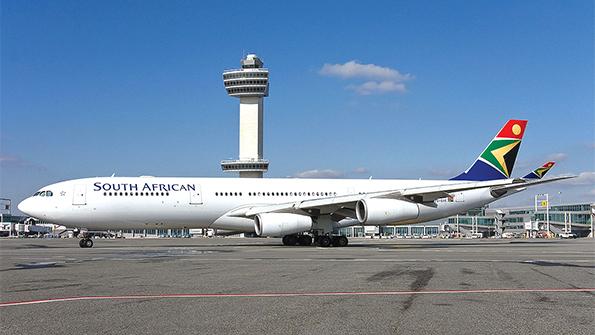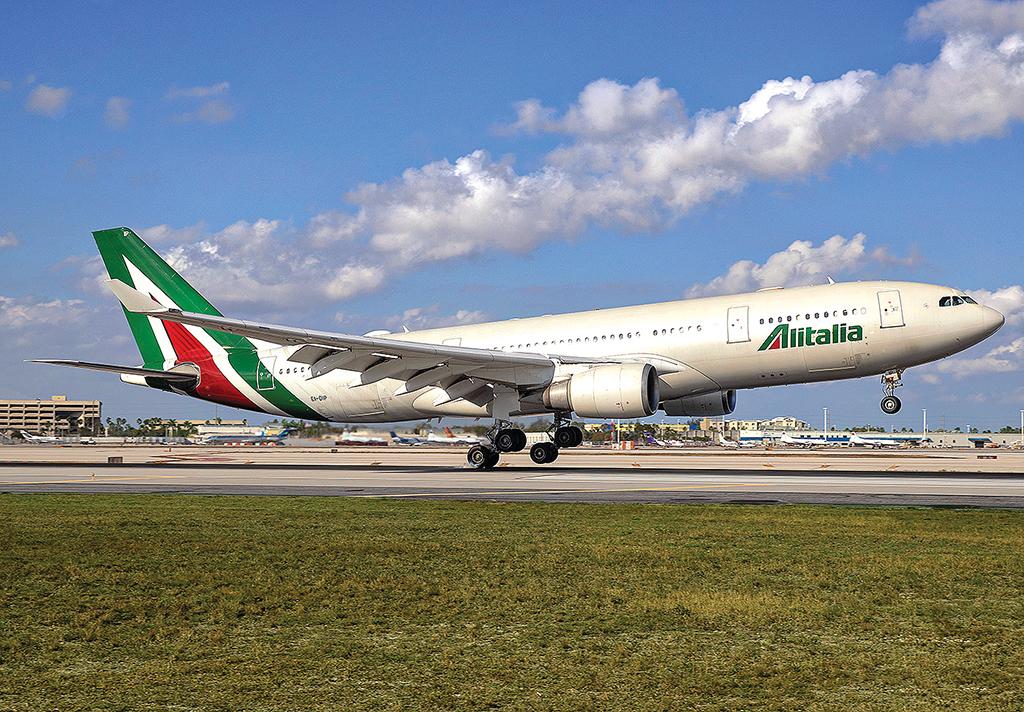
State-owned carriers have long been regarded as increasingly outmoded. But will the deep pockets of governments see them emerge from the pandemic ahead of many of their privately funded competitors?
The seemingly unstoppable growth of airlines, which many observers previously believed had ended the traditional, highly cyclical nature of the airline industry’s fortunes, has not only come to a grinding halt, but been thrown into reverse.
Industry bodies such as IATA believe it will take until 2024 for passenger numbers to return to pre-COVID-19 levels. Some, such as the Arab Air Carriers’ Organization, believe that a worst-case scenario could extend that horizon as far as 2027.
There seems little doubt that 2020-21 will be a bleak winter for airlines. Airline CEOs are largely agreed that customer confidence will not start to return until a vaccine is not only developed, but widely distributed. That milestone is rapidly receding further into 2021.
Some old airline names are likely to vanish. But which will emerge from the pandemic in the stronger position? Could it be the that the legacy carriers, whose government owners have long been derided as out-of-date and unable to keep pace with nimbler, expansionist, privately funded operators, become the winners? After all, when economies slow to a crawling pace and financiers run for cover, governments are some of the few bodies that have the necessary cash to prop up national airlines.
One perennially loss-making airline, South African Airways (SAA), has been in economic intensive care since December 2019, well before the pandemic took hold, in the form of that country’s “business rescue” procedure, roughly similar to US Chapter 11 proceedings, under which a company is given protection from creditors while a financial restructuring is attempted.
Although the South African government is split over the wisdom of periodically having to pump in cash infusions to keep the airline operational—the pattern in recent years—it sees the airline as an important instrument of economic development, providing large numbers of well-paid jobs.
“I think the government is determined to keep it alive, despite huge criticism,” aviation analyst Guy Leitch said. The reasons for doing so were more political than economic: “They’re trying to keep the brand and entity alive, although in a much, much reduced form,” he said. But even if it survived, it would almost certainly require further infusions of cash.
Even then, Leitch believes that while SAA would survive, he feared that it would limp along, rather than be truly successful.
National pride
Never underestimate the role that national pride can play in keeping an airline in the marketplace, even when all rational arguments indicate that it should be allowed to fail. There are several nations whose governments feel that a national carrier cannot be allowed to fail. One example is Italian carrier Alitalia, a perennial loss-maker that had been losing the battle on short-haul competition from high-speed domestic rail and LCCs long before COVID struck but which has been repeatedly propped up by government aid. Alitalia, as a result, is under investigation by the European Commission over the legality of two tranches of funding totaling €1.3 billion ($1.54 billion). In October, the government also announced a plan to rebrand and reform Alitalia as Italia Trasporti Aereo (ITA). Although the airline was not commenting on the plan, Italy’s infrastructure and transport minister Paola De Micheli said “a flag carrier is born” and it would be known as ITAliana.

“National pride is absolutely a factor in some places,” when it comes to providing financial support for carriers, consultancy ICF VP and managing director-aviation Jared Harckham said.
Pride is also mixed with the fear of the economic impact of losing a national air transport link will have on a country.
In Africa, for example, where most airlines are continual loss-makers, governments will continue to pump in money because of the fear not only of losing well-paid jobs, but also because of the loss of connectivity that will occur if the national carrier goes under.
“The economic impact of an airline on a country is big, whether it’s economic or ego. There’s more to it than just subsidizing an airline for the sake of it, especially if a country doesn’t have much connectivity,” Harckham said.
His comments are echoed by UK consultancy IBA president Philip Seymour, who noted, “I think there will be an increase in the number of airlines that require state support.”
Seymour said some private financiers may well shy away from investment in the civil aviation sector in future. He noted that only in the past six years have some airlines been classed as investment grade. That position had been all but destroyed by the pandemic, which was unlikely to improve in the short term, especially if the COVID-19 virus mutated or flared up worldwide again and became COVID-20 or -21.
State support could become a major factor in a lessor providing aircraft to an airline, he said.
Taking the example of Alitalia, he raised the prospect of lessors taking the view that a newly renationalized Italian carrier would be good for guaranteed monthly payments on aircraft. However, they might have to accept lower returns in return for that security.
“A state-owned airline will be saying, ‘now you’re guaranteed payments, we want to see a reduction in those payments.’ It’s a double-edged sword for lessors and financiers: less risk, but less profit.”
He cautioned that “it’s early days before we can say resolutely that state-owned airlines are the way to go. Every policy over the past 20 years has been about deregulation and denationalization.”
However, the “phenomenally high capital cost” of both airline equipment and staff could mean states having to step in, especially with carriers that had a large long-haul component to their operations, which will be the last to recover from the pandemic.
“I think it’s inevitable that more states will have to get involved in supporting their intercontinental flag carriers,” Seymour said.
Domestically, too, some airlines could turn to their respective governments for support, perhaps in the form of operating internal services as Public Service Obligation routes, or Essential Air Services in the US.
Some governments have continued to remain wary of supporting airlines. The UK government, for example, spurned the entreaties of Virgin Atlantic for financial assistance, repeatedly saying that it would only consider this option if the carrier had exhausted every other possible fund-raising measure first. One possible reason for this reluctance, Seymour suggested, was that the UK government did not want to be perceived to be bailing out Delta Air Lines, a 49% shareholder in Virgin.
Startup opportunities
There have been suggestions that the turmoil in the airline sector will inevitably create a new crop of startups whose backers see niches opening in the marketplace. Certainly, aircraft availability will be high and lessors are likely to be open to good deals in a bid to get returned aircraft back into revenue service.
“We’ve had five enquiries from potential startup airlines. Two from the UK, two from the US and one from Southeast Asia,” Seymour said.
All are on hold because of the uncertainties caused by the frequent changes to national quarantine rules, but the mere fact that new ventures are being planned in the midst of the biggest crisis in the industry’s history is a testament to the belief that ultimately it will grow again.
Harckham believes, however, that while he had heard of people mulling startups, with ICF said to be about to enter discussions for one in Latin America in early fall, “I would bet more on the success of the expansion of existing groups.”
Survivors of the industry shakeout are likely to want to fill in gaps left by the demise of rivals by setting up new bases, he believes.
Although the deep trough in business activity is likely to scare off some financiers, he says, those prepared to take a longer-term view are still likely to be prepared to advance funding to airlines.





